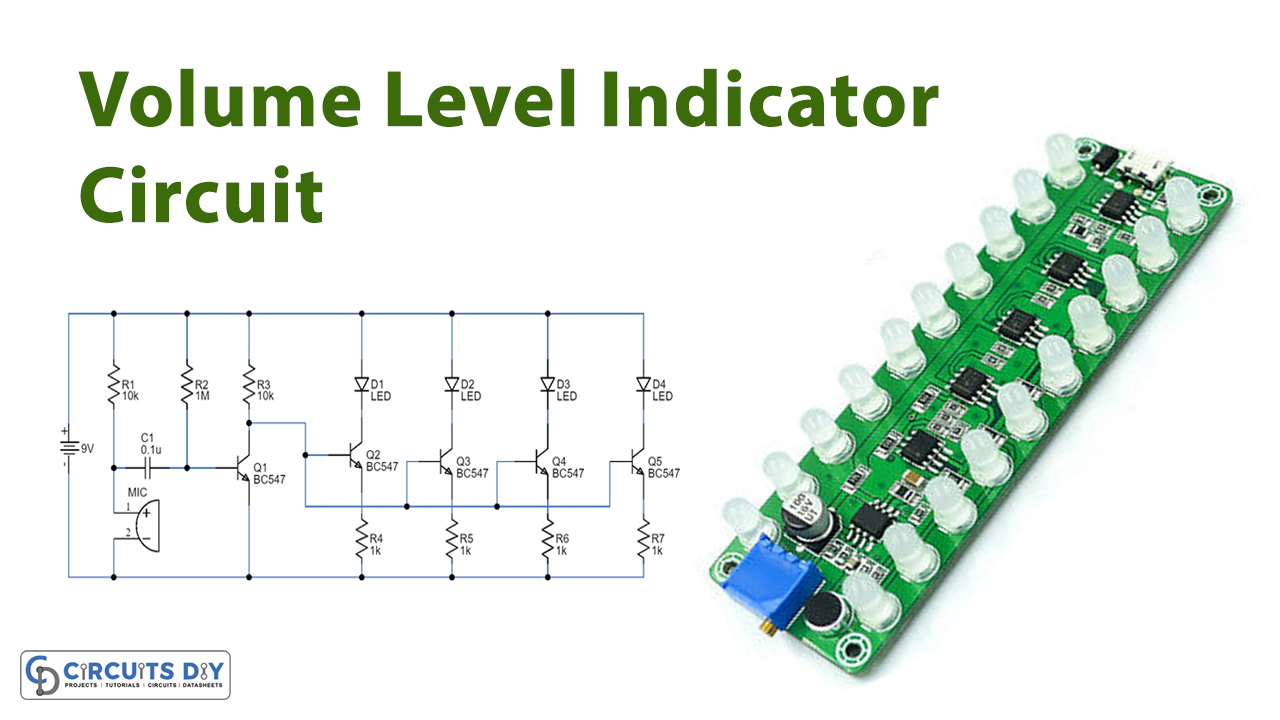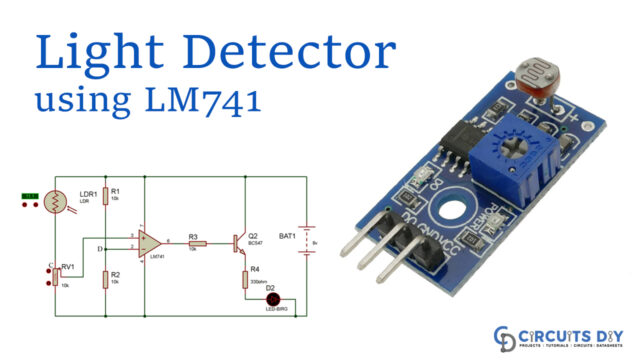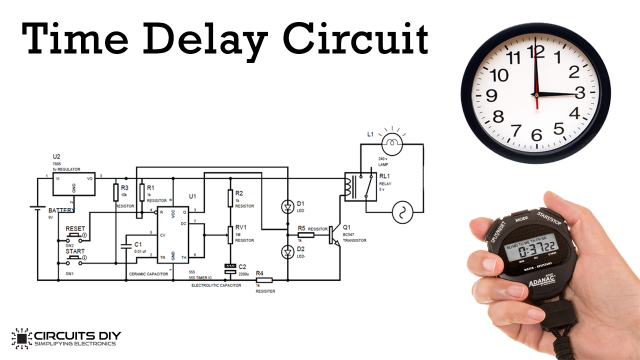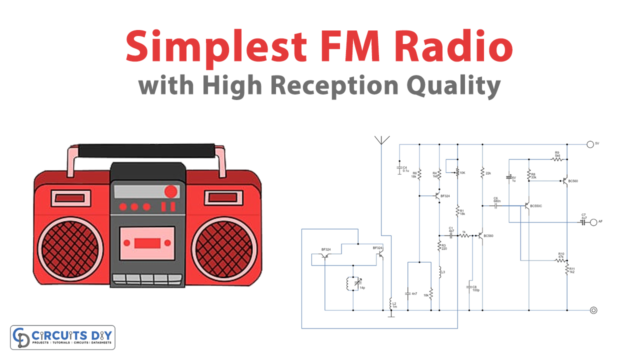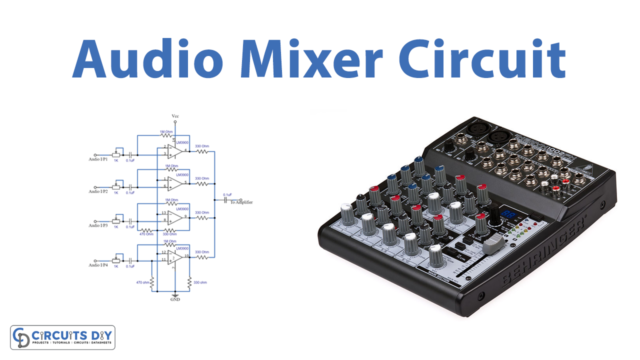Introduction:
A volume level or audio level meter is a common hand-held device that is designed to measure the levels of volume in a systematized way. It is commonly used for acoustic measurements and as a VU meter. The sound level meter is used for the measurement of noise, music, or other sound intensity. It consists of a microphone for receiving the sound signal and converting it into an electrical signal which is then processed to measure the desired characteristic of the signal.
In this post, a sound level indicator is built using NPN transistor BC547, LEDs, a resistor, and a condenser mic. The circuit is built in a few simple steps and is used for the indication of different sound levels using the LEDs. This circuit is helpful in determining the different levels of sound and avoiding noise or distortion.
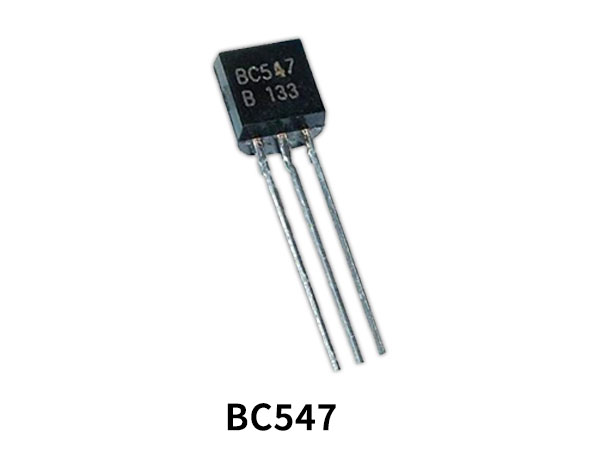
Hardware Component
The following components are required to make Volume Level Indicator Circuit
| S.no | Component | Value | 1 |
|---|---|---|---|
| 1. | Condenser Mic | – | 1 |
| 2. | Transistor | BC547 | 5 |
| 3. | LEDs | – | 4 |
| 4. | Resistor | 1KΩ, 10KΩ, 1MΩ | 4, 2 |
| 5. | Capacitor | 0.1uF | 1 |
| 6. | Battery | – | 1 |
BC547 Pinout
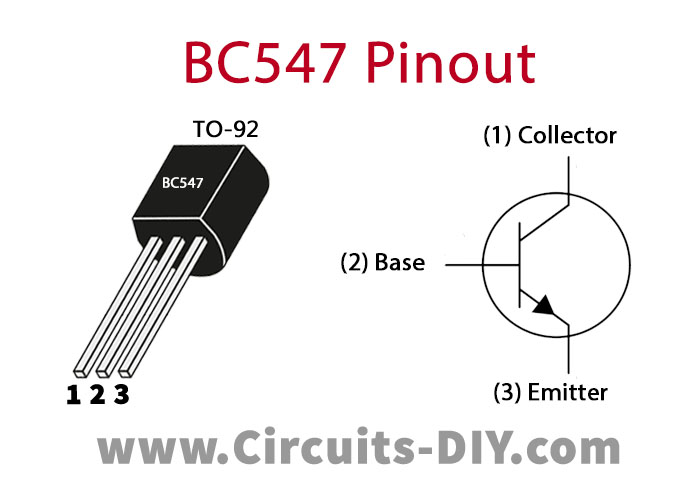
For a detailed description of pinout, dimension features, and specifications download the datasheet of BC547
Volume Level Indicator Circuit
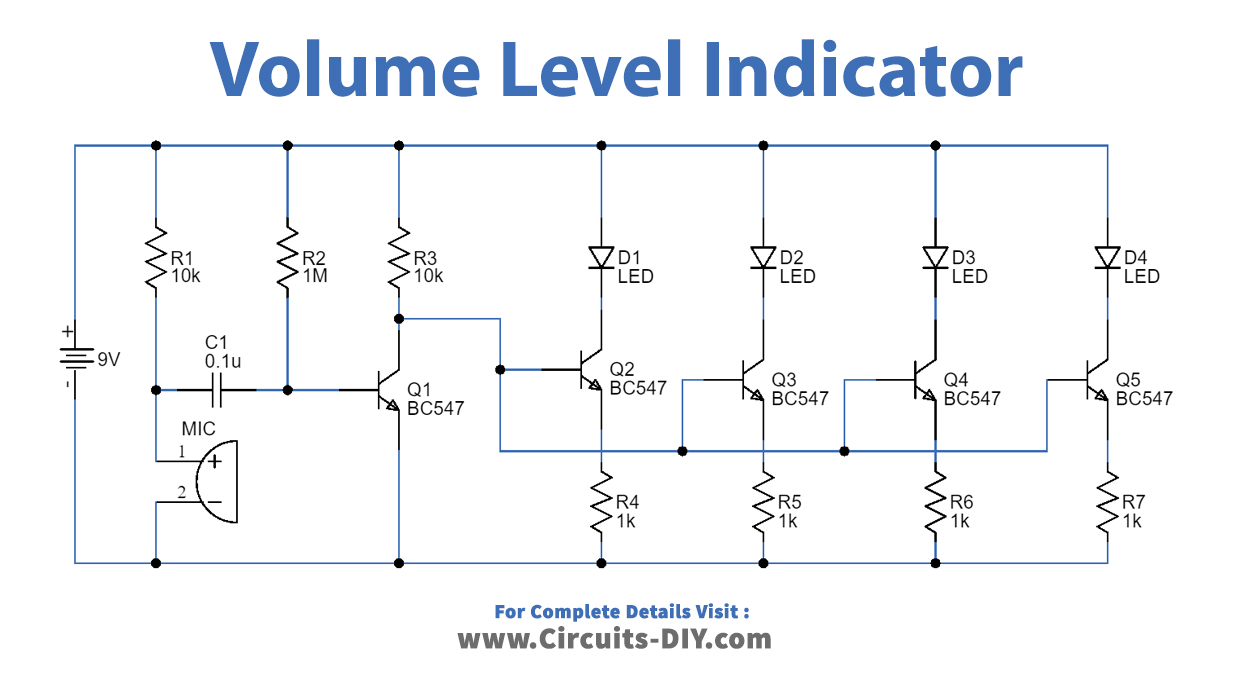
Working Explanation
The circuit receives an audio signal and derives the transistors according to different levels and the LEDs indicate their levels respectively. It uses a few components to process the signal.
On supplying power to the circuit, the audio signal from the condenser mic is received by an NPN transistor Q1 which drives the other 4 transistors Q2 to Q5 according to the levels of the audio signal.
The four transistors Q2 to Q5 are connected to LEDs at the collector terminal while the emitter is grounded through a resistor. The base of each transistor receives an audio signal from Q1, the respective LED glows as the transistors Q2 to Q5 receive an input.
Applications:
The volume level meter can be used in the following applications:
- It is used in vehicle noise testing or measurement.
- It is also applicable for basic noise measurements like in fire alarms or machinery noise etc.
- It is commonly used in community and environmental noise measurements like for traffic noise or the noise from airplanes or trains.


